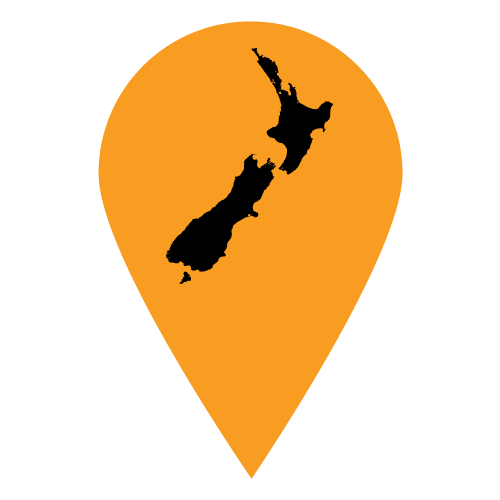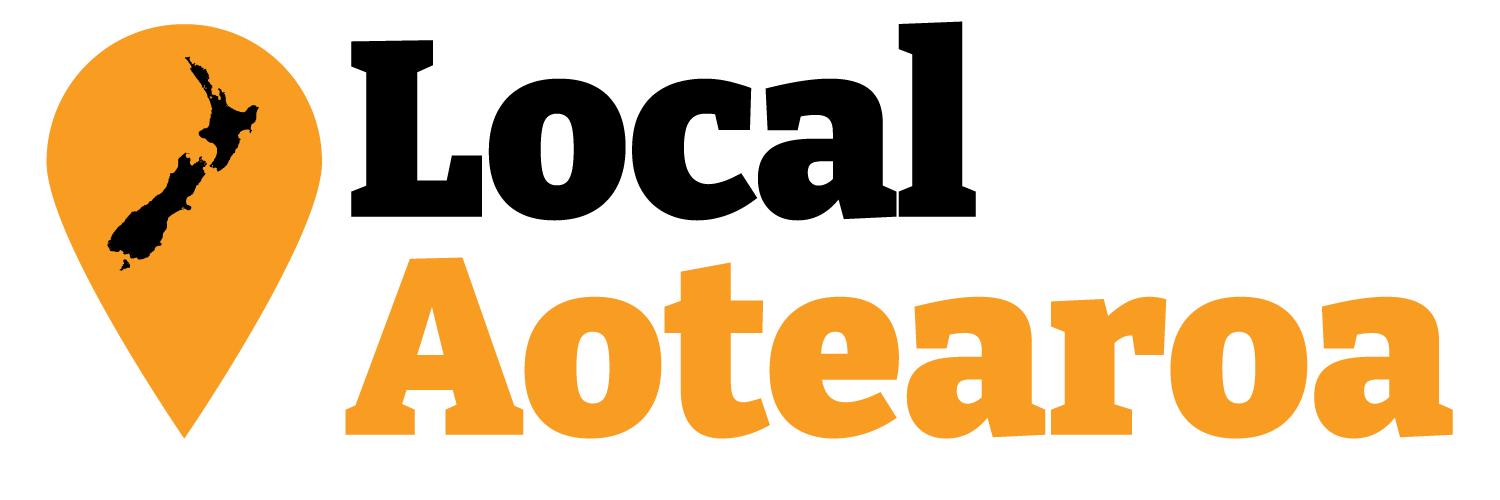Let's clear up some confusion about Crown Observers
An AI-generated image of an old man yelling at a newspaper.
I was amused to read a letter in Monday’s edition of The Post where the author listed out a number of “jobs” they felt the Crown Observer for Wellington City Council needed to prioritise. Unfortunately for the author (and perhaps fortunately for the rest of us), Crown Observers don’t have the power to compel a council to take certain decisions. As I appreciate not all of us are as lucky as me and aren’t former councillors, or they don’t have ready access to current or former elected members, I thought I’d clear up any confusion around the role and powers of a Crown Observer.
The list of “jobs” for the Crown Observer in the letter include putting a hold on all capital projects (including Courtenay Place, The Golden Mile, the sludge treatment plant, and cycleways), as well as halting the recruitment of a new council Chief Executive until after next year’s local government elections.
Part 10 of the Local Government Act sets out a minister’s powers of intervention with regards to local authorities. These range from formally requested information through to calling fresh elections or installing commissioners. Crown Observers sit around the middle of the range of interventions available, and they have clearly defined powers, which are further specified by whatever the terms of reference are for their appointment.
As the role’s name suggests, Crown Observers are there primarily to observe. They are effectively the minister’s eyes and ears on the ground, providing an impartial view of the perceived issues at the local authority and reporting back to the minister, typically at regular intervals throughout their appointment and at its conclusion.
Where their responsibilities extend is that Crown Observers can also “assist the local authority” to address whatever problem it was that caused them to be appointed. It is commonly accepted, and reflected in the terms of reference for the appointee Lindsay McKenzie, that this assistance is to be rendered in the form of providing advice. However, the terms of reference also specify that the Crown Observer “does not have a decision-making role and will not be involved in decision-making, other than offering guidance or advice.”
Basically, the elected council is free to consider that advice and do something else if they want. They’re not bound to follow the Crown Observers advice or guidance on any given issue they’re deliberating on.
In turn, the council is expected to cooperate with the Crown Observer so they can fulfil their terms of reference, and - this is where the observers only powers of compulsion come in - they must “comply with any reasonable request of the Crown Observer to provide relevant information.”
It’s very clear from both the Local Government Act and the Crown Observer’s terms of reference that they have no power to do any of the “jobs” that the letter’s author is demanding of them. It’s not within their powers to put on hold all capital projects. It’s also not within their powers to put the employment of a new Chief Executive on hold.
It is, and should remain, the democratically elected council’s job to decide how to manage their capital works programme, and what the appropriate course of action is with regards to recruiting a council Chief Executive. Indeed, this is reflected in the terms of reference which state “The decision-makers are the democratically elected Mayor and Councillors.”
It may well be the letter’s author was confusing the powers of a Crown Observer with those of a Crown Manager - the next highest level of intervention. Crown Managers, as far as they’re empowered by their terms of reference, do have decision-making powers to direct councils to undertake certain courses of action.
For good reason the threshold for having a Crown Manager appointed is significantly higher than a Crown Observer, and their remit is typically far more narrowly defined to specific areas of work. The most recent example of this is with Lawrence Yule’s appointment to Wairoa District Council and Hawke’s Bay Regional Council in relation to flood protection works following significant flooding events there and what emerged as a damning report about both council’s ability to manage these.
As much as I appreciate people are entitled to have their views about what Wellington City Council should or shouldn’t do to respond to the challenges it’s facing in amending its long-term plan, it’s useful to know what a Crown Observer can and can’t do before setting out your demands for them.
To address a few other points of confusion I’ve seen scattered around the internet about this specific Crown Observer appointment:
The Crown Observer will be paid $1000 per day, with the full daily rate claimable after six hours have been worked (presumably this means a pro rata rate is paid for part days)
The Crown Observer can claim reasonable expenses, which in this case will likely include flights to and from their home in Nelson, as well as possible accommodation in Wellington as required.
The daily rate and expenses are paid by Wellington City Council.
Crown Observers don’t automatically lead to further escalation (such as Commissioners). It’s entirely possible that the issues that led to their appointment could be addressed by the conclusion of their term, or that the 2025 local authority elections will be allowed to run their course to see how a new council might handle them. It’s too early to say.





